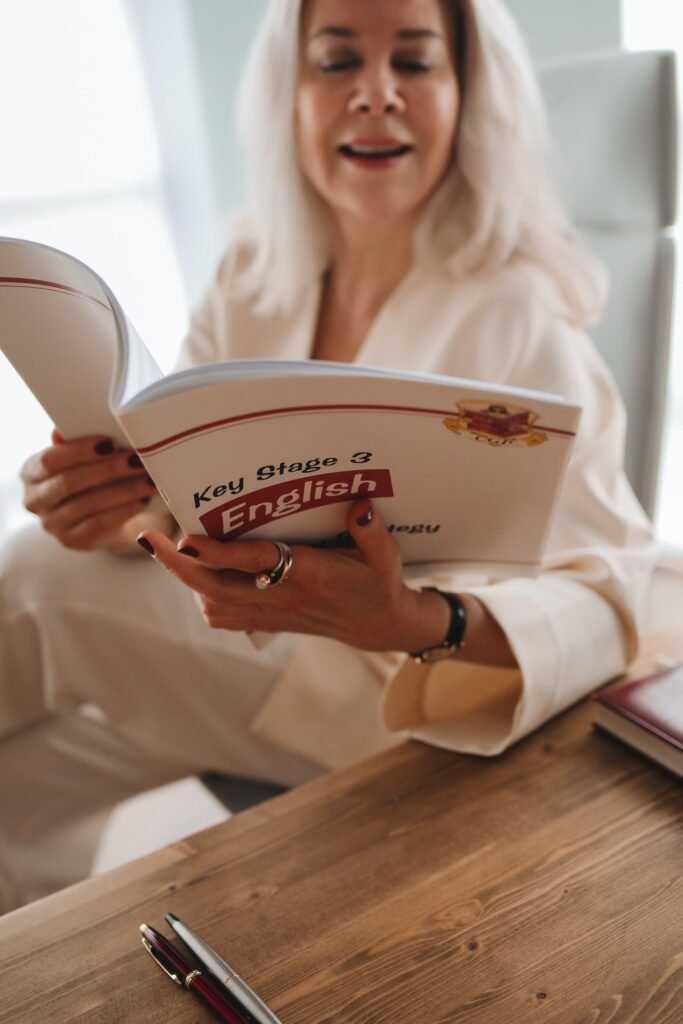
There are lots of lexical differences between British and American English. Only the other day I was confused when one of my young Japanese students told me that she ‘finished school last year’… school = college / high school / university? I guessed correctly that it meant ‘university’ to my British brain! There are so many vocabulary differences that I have focussed here on pronunciation and grammar. Here are my 7 ‘must haves’ to help you with your learning:
1. First, in words like “demand,” “laugh,” and “dance,” most Americans use the sound /æ/ (think of the “a” in “fat”) in places where RP speakers use the sound /a/, sometimes called the “ah” sound, as in the word “father.”
2. Another significant pronunciation difference is in the sound /r/. In RP, the sound /r/ disappears when it’s followed by a consonant or appears at the end of a word, such as in the words “cart” and “father.” Think of words like iron: in British English it sounds like ‘eye on’!
3. For speakers of British English, the American tendency to change the sound /t/ to the sound /d/ in front of an unstressed syllable can be confusing. Most Americans pronounce “butter” as “budder” and “united” as “unided”.
4. In British English, nouns that describe groups of people, like “committee” or “army,” are often used with plural verbs, as in, “The committee are meeting now.” Americans would use “is” in that sentence.
5. British English speakers tend to use the present perfect more consistently, especially with adverbs like “yet,” “already,” and “just.” Americans switch back and forth between the simple past tense and the present perfect tense. A British speaker may ask someone in the early afternoon, “Have you had your lunch yet?” or “Have you eaten lunch?” An American would say, “Did you eat yet?”
6. The verb “to get” is used rather differently; for example, British English speakers might say either, “I have a car.” or “I have got a car.” Americans use both, but prefer the sentence without “got.” In addition, for British English speakers, the past participle for “get” is “got”, Americans use “gotten” as the past participle.
7. American English and British English have other differences in their past participles. Many verbs in English have two possible past tense and past participle forms, a regular form with “ed” and an irregular form. A few of them are listed below:
Present Regular Past Irregular Past
learn learned learnt
dream dreamed dreamt
spell spelled spelt
British English speakers use both forms. Americans tend to use only the regular forms, although both forms are considered correct.
My advice is to be aware of the differences, accept both but be careful to use the spelling and grammar appropriate for each country. Have your work proof-read if in doubt! Pour plus c’est ici…